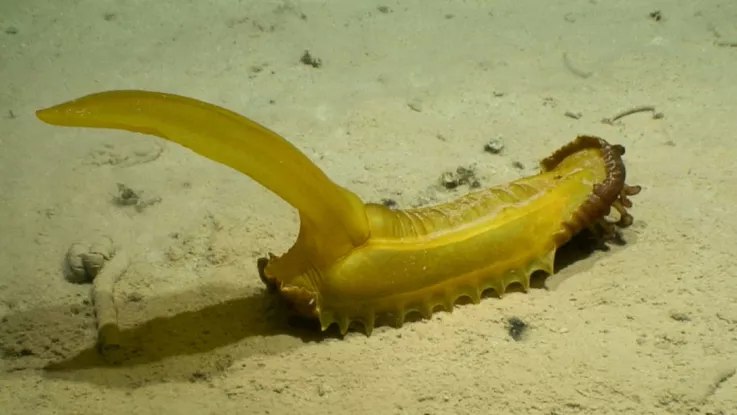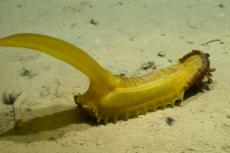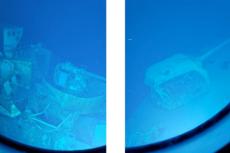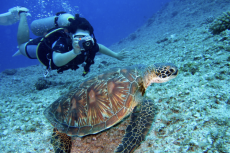More than 35 new deep-sea species discovered
Researchers have discovered new deep-sea species, from starfish and segmented worms to sea cucumbers and coral, at the Clarion-Clipperton Zone in the central Pacific.
More than 35 potentially new deep-sea species have been discovered at the Clarion-Clipperton Zone (CCZ) in the central Pacific.
Ranging from starfish and segmented worms to sea cucumbers and various types of coral, these specimens were collected using a remotely operated vehicle.
In total, 55 benthic specimens were collected from seamounts and abyssal plains. Of these, 39 were found to be potentially new to science, with nine that were referable to known species.
According to an article in The Guardian website, 36 of the specimens were found at more than 4,800 metres deep, with two found on a seamount slope at 4,125 metres and 17 at between 3,095 and 3,562 metres deep.
The findings of the discovery, published in a recent issue of the Zookeys journal, suggest that they represent a mere fraction of the marine animals yet to be discovered in the deep sea.
A step forward
This discovery is significant as the marine animals from this area were previously studied using only photographs. The retrieval of actual specimens is a significant step forward.
"Without the specimens and the DNA data they hold, we cannot properly identify the animals and understand how many different species there are,” said lead author Guadalupe Bribiesca-Contreras, of United Kingdom's Natural History Museum.
Although the threat of deep-sea mining activity looms over the fate of the CCZ, the researchers intend to press on with their investigations.
"Whilst deep sea mining is a very valid environmental concern, we are in a very positive situation where we have been able to conduct a lot of fundamental research while the industry is held back from full-scale-exploitation," said Adrian Glover, who leads the Natural History Museum’s deep-sea research group, in an article on the Museum's website.
"A big societal decision with regard deep-sea mining is on the horizon and our role is to provide as much data as we can to inform that decision as best we can," he added.
































